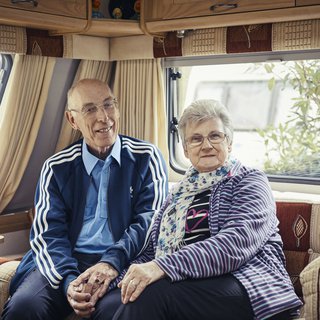Rare blood cancer gets drug approved for use on NHS
United Kingdom
Today (Friday 27th June), the drug approval authorities in England and Wales, the National Institute of Care & Excellence (NICE), have approved (in final draft guidance) a drug for non-Hodgkin’s lymphoma to be used after one line of treatment. A final decision is expected on 10th July, although the drug is available to people through the Cancer Drugs Fund until then.
In final draft guidance, zanubrutinib (Brukinsa®) has been approved as a treatment option for relapsed or refractory mantle cell lymphoma (MCL) in those who have received at least one prior therapy. The drug is already approved for other forms of blood cancer including marginal zone lymphoma (MZL) and chronic lymphoblastic leukaemia (CLL).
Around 500 people in the UK are diagnosed with mantle cell lymphoma each year. This makes it a rare form of non-Hodgkin lymphoma and typically affects older people, with an average age at diagnosis of around 70 years old.
This decision means a kinder treatment for people with this form of blood cancer.
- Tracey Loftis, Deputy Director of Policy and Influencing
The disease affects white blood cells known as B-cells and can be difficult to treat, especially when it relapses or becomes resistant to initial therapies.
Zanubrutinib is a Bruton tyrosine kinase (BTK) inhibitor, meaning it blocks a protein that helps cancer cells grow and survive.
The pharmaceutical company BeiGene manufactured zanubrutinib (Brukinsa®) and following final draft guidance published today, it will be available to those in England and Wales who have not responded well to previous treatment and can be taken either as once or twice a day capsules at home. The drug is currently going through the regulatory process in Scotland.
Clinical trials have now demonstrated that zanubrutinib works at least as well as ibrutinib, which is already approved for use in this group of people
Tracey Loftis from Blood Cancer UK said:
“There are over 100 different types of blood cancer, making it the UK’s fifth largest cancer. People with mantle cell lymphoma are typically diagnosed in their 70s, and this is a capsule that can be taken at home, potentially reducing the number of hospital visits that would otherwise be made. This decision means a kinder treatment for people with this form of blood cancer, but we must work to ensure people with lymphoma get equal access to the drug. “


